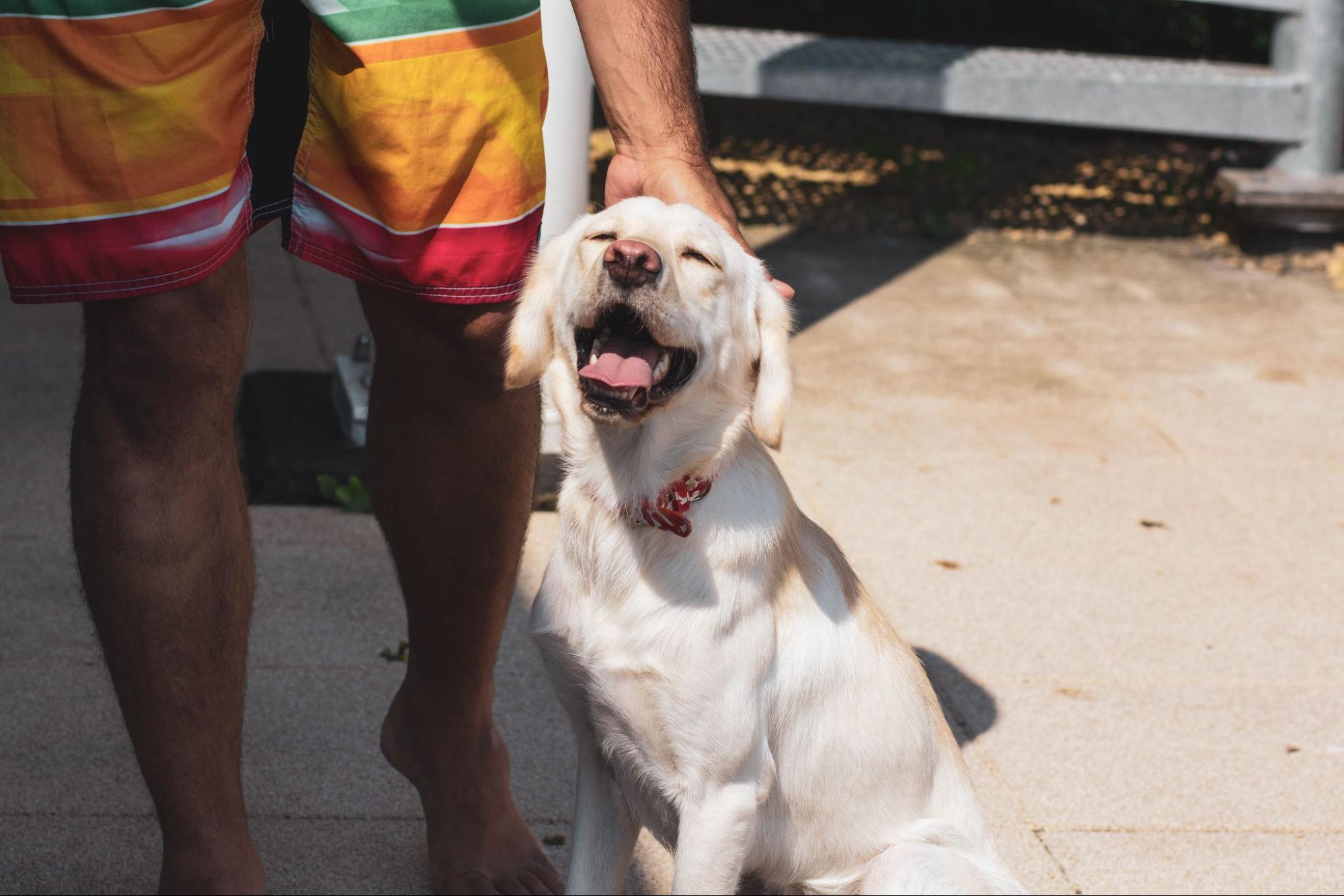How to Stop your Puppy from Pooping in the House
Potty training a puppy, especially a Labrador, can be a challenging task. One of the most common struggles is preventing your furry friend from pooping inside the house. But fret not, as I’ll share some effective strategies on how to stop your puppy from leaving unwanted surprises indoors and successfully potty training your Labrador.
First and foremost, establishing a consistent bathroom routine is key. Take your puppy outside at regular intervals throughout the day, such as after meals, playtime, or waking up from naps. By doing so, you’ll teach them that going outside is the appropriate place to relieve themselves.
Next, closely observe your puppy’s behavior for any signs of needing to go potty. These may include sniffing around in circles or suddenly becoming restless. When you notice these cues, immediately take them outside to their designated spot and offer plenty of praise and rewards when they do their business there.
Accidents are bound to happen during the training process. Instead of scolding or punishing your pup for accidents indoors (which can create fear or confusion), focus on positive reinforcement when they do well outside. This will help reinforce their understanding of where they should be eliminated.
Why Do Puppies Poop in the House?
Potty training a puppy can be both exciting and frustrating. One of the biggest challenges that pet owners face is dealing with their furry friend’s accidents inside the house. So, why do puppies poop in the house? Let’s delve into a few possible reasons:
- Lack of Proper Training: Puppies are not born knowing where to do their business. It’s up to us as responsible owners to guide them through proper potty training. If we neglect this important step or don’t provide consistent training, our adorable little pups may end up relieving themselves indoors.
- Small Bladder Capacity: Just like human babies, puppies have small bladders and limited control over their bodily functions. They may struggle to hold it in for extended periods of time, leading to accidents in the house.
- Overexcitement or Anxiety: Puppies are naturally curious and full of energy. When they get overly excited or anxious, it can affect their ability to control their bladder and bowels effectively. This excitement-induced pooping is quite common among young dogs.
- Inconsistent Routine: Dogs thrive on routine and predictability. If there isn’t a consistent schedule for feeding, bathroom breaks, and exercise, puppies may become confused about when and where they should go potty.
- Medical Issues: Occasionally, puppies may poop indoors due to underlying health issues such as gastrointestinal problems or infections. If you notice frequent accidents despite proper training efforts, it’s essential to consult a veterinarian for a thorough examination.

Understanding Your Labrador’s Needs
When it comes to potty training your Labrador and preventing those unwanted accidents in the house, it’s crucial to understand their needs. Labrador Retrievers are known for being intelligent and eager to please, but like any other dog, they have specific requirements that must be met for successful potty training. Here are a few key points to keep in mind:
- Consistent Routine: Establishing a consistent routine is essential when potty training your Labrador. Dogs thrive on routine and predictability, so try to take them outside at the same times every day – first thing in the morning, after meals, before bedtime, and so on. This helps them know what to expect and reduces the chances of accidents indoors.
- Patience and Positive Reinforcement: Potty training can be frustrating at times, but it’s important to remain patient with your Labrador. Remember that accidents will happen during the learning process. Instead of scolding or punishing them for mistakes, focus on positive reinforcement when they do their business outside. Offer praise, treats, or playtime as rewards for good behavior.
- Watch for Signs: Understanding your Labrador’s body language is key to preventing indoor accidents. Keep an eye out for signs such as sniffing around, circling, or pacing restlessly – these could indicate that they need to go outside urgently. By recognizing these signals early on and responding promptly, you can help prevent accidents from occurring.
- Proper Supervision: Until your Labrador has mastered potty training completely, it’s important to supervise them closely indoors. Consider confining them to a small area or using baby gates to limit their access until they are reliably trained. This allows you to intervene quickly if you notice any signs that they need a bathroom break.
- Clean Accidents Thoroughly: If accidents do happen inside despite your best efforts, it’s crucial to clean up thoroughly using enzymatic cleaners designed specifically for pet messes. Regular household cleaners may not completely remove the odor, which could attract your Labrador back to the same spot.